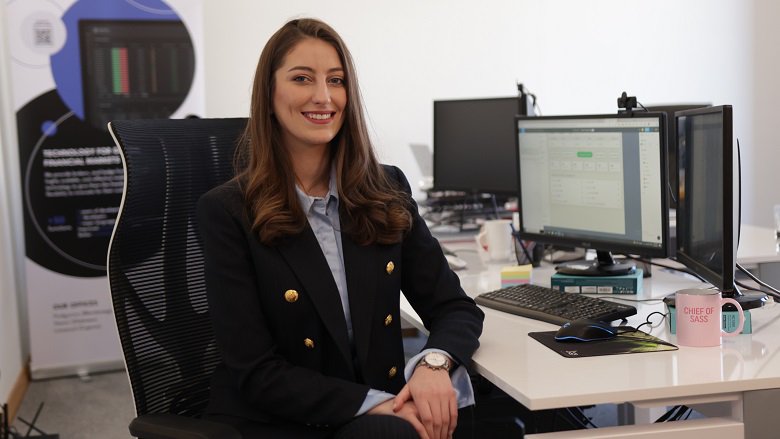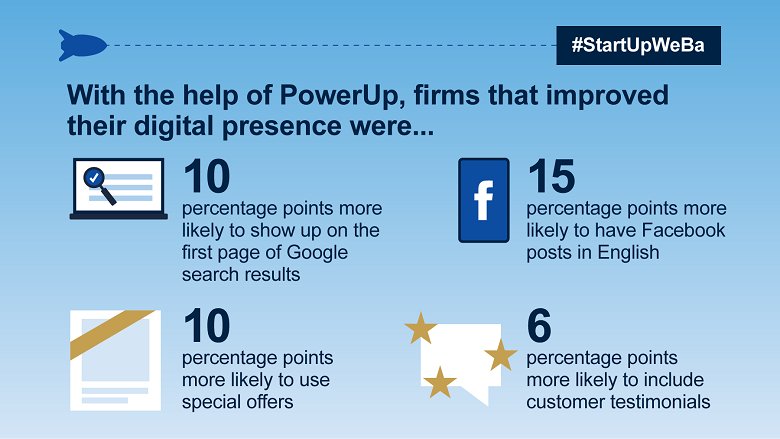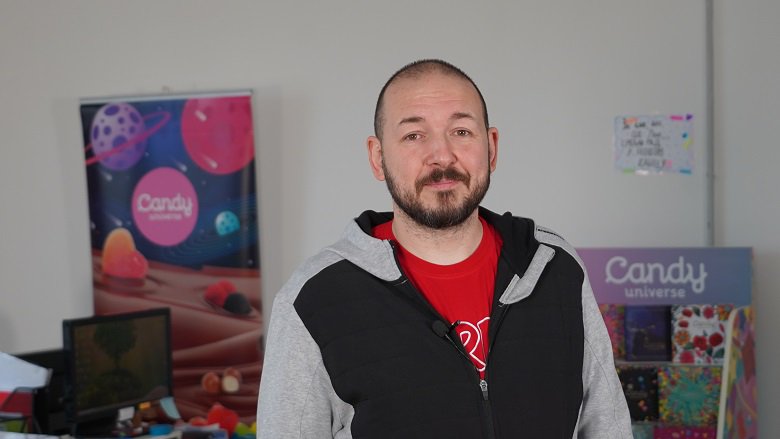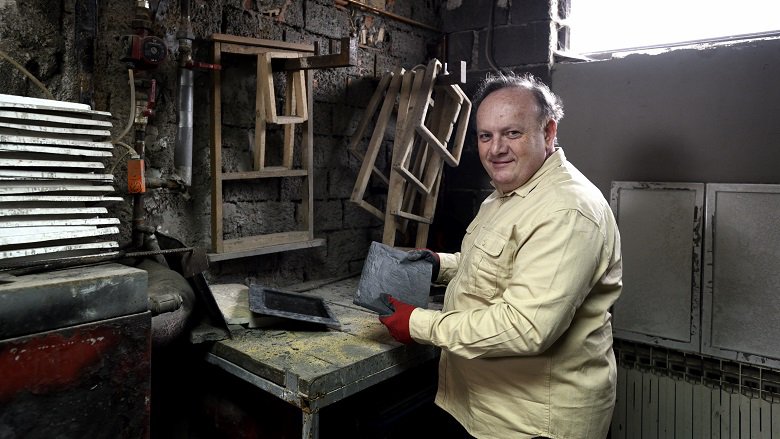The Western Balkans are an innovation hub. When the World Bank and the European Union partnered in 2020 to bolster small and innovative Western Balkan companies’ investment readiness, the idea was to help them expand their market beyond national borders with intensive in-person mentoring and tailored trainings.
As the pandemic drastically constrained global economic activity, some of the companies saw the program as a lifeline through the period of lockdowns and collapsing sales. For others, the program was an eye-opener, leading to new digital solutions which broadened their client base and expanded sales. The activity included innovative and revenue-generating small and medium enterprises from Albania, Bosnia and Herzegovina, Kosovo, Montenegro, North Macedonia, and Serbia.
“Investors often look for company leaders who are ‘coachable,’" said Maja Andjelkovic, World Bank Senior Private Sector Specialist. “This training program showed that innovative firms from the Western Balkans are not only keen to learn, but also able to quickly apply new knowledge to adapt to demand shocks, such as those caused by the COVID-19 pandemic.”
Good Intentions, Mixed Outcomes
The pandemic reshaped both the format and the content of the planned trainings and assistance, shifting focus to boosting digital marketing skills in highly uncertain times. The goal throughout the trainings remained to encourage participating companies to adopt a more agile approach in consolidating and expanding their domestic and foreign customer base.
Participating companies came from different industries, mostly in services and B2B, as well as e-commerce and manufacturing. As many as 71% of them were exporting already.
Of 225 companies selected for the program, 113 were assigned to a treatment group, gaining more in-depth training on building a customer base and new markets, using digital marketing tools, and receiving advice on human resources, financial management, and pitching their products to potential investors. A control group of 112 firms received a compact version of trainings.
Firms in the treatment group improved their digital presence in a way that made it easier for potential international customers to find the firm’s offerings and be attracted to contact the firm. Treated firms were also 10 percentage points more likely to show up on the first page of search results and improved their Facebook pages by being 15 percentage points more likely to include posts in English, 10 percentage points more likely to use special offers, and 6 percentage points more likely to include customer testimonials and stories. A year after starting the program, treated firms had also significantly increased the number of customers.
Outcomes appear to have been most positive for firms coming from an ICT sector, where even some light training to acquire or polish digital marketing skills, revamp websites, or turn to social media channels had led to good results.
“The Economic and Investment Plan and the Innovation Agenda for the Western Balkans emphasize the importance to strengthen the competitiveness of the business sector in the region and to promote innovation ecosystems,” said Holger Schröder, Head of Unit, Western Balkans Regional Programmes and Economic and Investment Plan, European Commission, Directorate General for Neighbourhood and Enlargement Negotiations. “The Power-Up study identifies approaches how SMEs can build up their capacity to change and resilience to crisis through innovation and digitalization. The study also demonstrates the positive impact and benefits of virtual training to firms with different needs at regional level.”
From Brick & Mortar to Digital
For a producer of non-essential luxury, the pandemic was a shock to business. Boris and Sanja Pezelj, a married couple who founded Candy Universe, a small but thriving business of making gummy and chocolate candies that relied on sales in brick-and-mortar spaces, predominantly shopping malls, the pandemic meant a total change of their idea of how to operate in challenging times. The only way forward was to start building an online presence.
"One of the reasons we joined PowerUp was to find an investor who can help us expand to markets around us,’’ says Boris Pezelj. "We failed to do that not only because of our offer to investors but because of the whole idea of scaling and reaching wider markets, where IT has a dominant position. So that was the thing that led us to a decision to create our own app, to invest in machines that are going to be working with that app and enter the IT sector of the business.’’ A little more than one year later, Candy Universe is on the verge of launching its own app.




